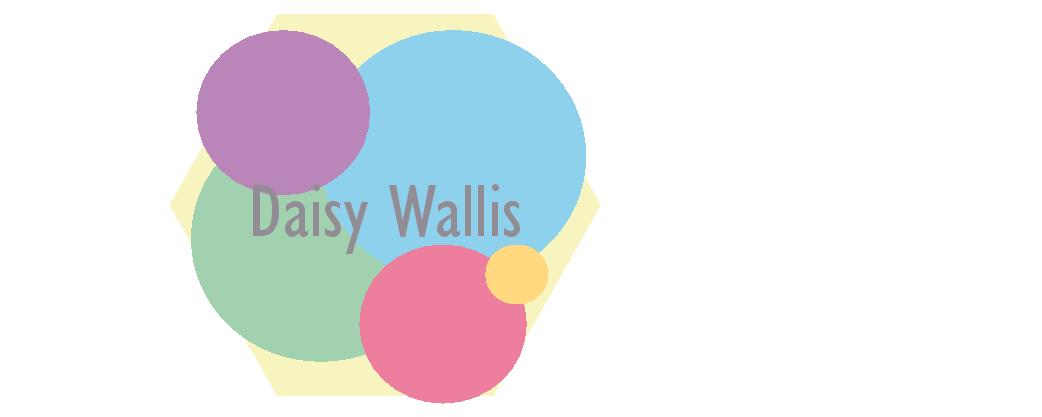Author: William Golding
Ages: 12+
Rating: 9/10
Number of Pages: 248
Plot: Set on a deserted island, Golding portrays his views on human nature, without the restraints of society evil will always prevail, through the actions of a group of young boys escaping the hardships of war. Throughout the novel the characters, even the most innocent, become more savage and sadistic in the hopes for survival. Golding uses a range of characters to symbolise the many different people in society; Ralph is the natural leader, Piggy is the victim etc. The novel follows the group of boys as they try to find new ways of survival and ways to get rescued. As the novel progresses the characters and the island itself become more and more damaged.
Golding wrote the novel in response to the novel 'The Coral Island' by R.M. Ballantyne; Ballantyne's novel follows the same concept as 'Lord of the Flies' but suggests that in this situation, of being away from society and civilisation, that boys will not turn savage and strictly follow the bible. Golding used the same concept idea to show how he feels boys would react in this situation.
I studied this book as part of my English Literature GCSE course, and since then I have read this book multiple times. The characters each have their unique characteristics which make each of them memorable and relatable. Golding uses the characters to portray his views on human nature, characters like Jack and Roger are key example of this as they go through the most deterioration compared to the other characters. Some of the characters, I felt, came across as being annoying and spineless, the worst being Piggy.
Golding also uses the setting to portray the idea of deterioration. From the beginning of the novel Golding uses the setting to show how the island, much like the boys, is decaying and deteriorating. From the continuous use of fire and the fruit that causes the boys to become ill, the island is full of natural aspects that show decay. Golding uses these methods throughout the whole novel to emphasise the negative effects humans have on the natural environment around us and the idea that good and evil coexist even in the natural world.
'Lord of the Flies' is a great modern classic that has an easy plot to follow and is enjoyable for any age group. I really liked the characters and the use of description of the natural environment around the boys to help portray Golding's views on human nature. I would recommend this novel to anyone who enjoys adventure novels or any novel that has a deeper darker message or meaning.
Reviewed by Daisy Wallis




